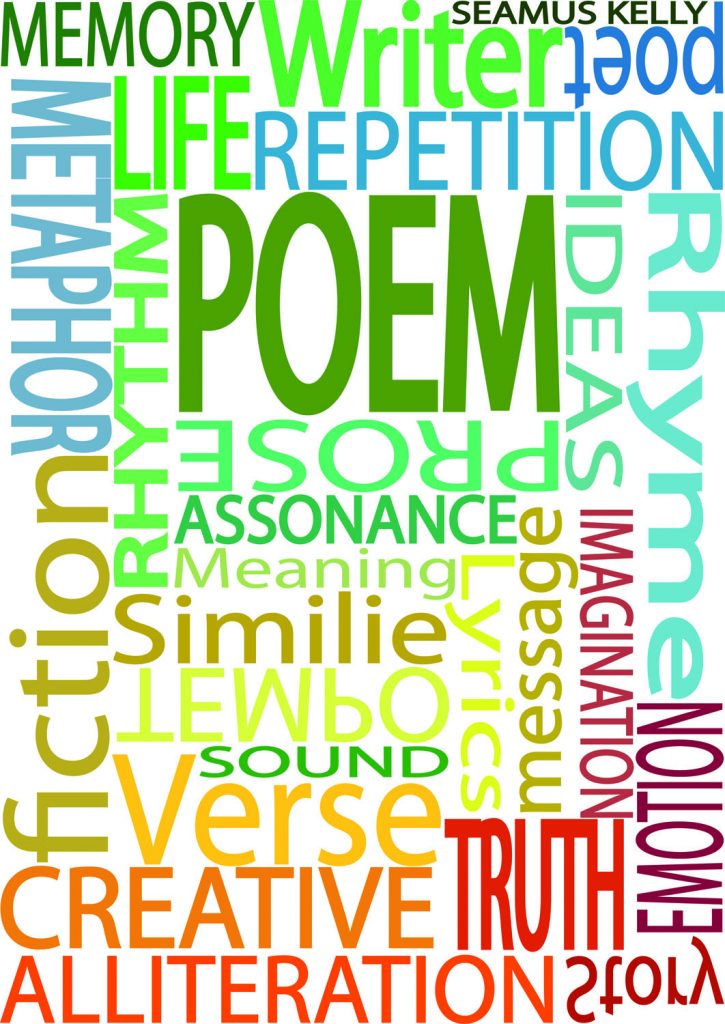 As a poet one might be expected to read quite a lot of poetry.
As a poet one might be expected to read quite a lot of poetry.
That isn’t a universal truth, but then nothing is; or if there is we haven’t really discovered and understood it yet.
Some poets do not read any other poet’s work for a wide range of reasons, examples I’ve come across include; not wishing to be influenced too much, concern that they might accidentally copy or plagiarise someone else’s words and quite commonly that “these are my thoughts, my words, they come from inside of me and they have no relationship to anything else that has been written, they can’t be changed” (or words to that effect). These are sometimes similar reasons why some poets chose not to edit. Maybe that will be the topic for a future post.
I am not one of those poets.
I do read other poets’ work.
Apart from British and Irish poetry my current bookshelf includes poetry from Venezuela, Brazil, Chile, Russia, Poland, Spain and of course the USA (yes, that counts as overseas too).
Why?
Firstly reading poetry is fun, sometimes thought provoking, annoying or sad but always enlightening.
Poets from all cultures tend to write about pretty much universal themes; family, love, loss, death, society and nature; but different cultures tend to view some of these things differently and that in itself makes their work interesting to read. Added to that the actual structures of language are fundamental to how poetry works and in different languages poets will by definition express themselves differently.
Sadly I can only read fluently in English so I am relying on the translators to have kept as much of the original cultural, rhythmic and feel of the poets’ native language versions. Ideally for European languages I prefer to read the English translation with the native language version alongside because although I can’t really read the originals properly I can get a feel for the rhythm and flow and see how the language was structured.
This is where things get interesting; word sequences vary from one language to another and in poetry those word sequences are carefully chosen by the poet rather than always using the most obvious or common turns of phrase.
Additionally the subject matter varies between cultures. Almost all poets talk about a mixture of autobiography, life, death, hardship, love, society, politics and frequently nature. Views of such things are very different between cultures.
For example in countries where freedoms are very limited the poets will often write about freedom as much as they will about the lack of those freedoms whereas in countries that have much greater freedoms those freedoms can be somewhat taken for granted and the poets tend not to place so much emphasis on them.
Another example is the poetic treatment of death. In the UK death is something people don’t talk about if they can help it, something that although inevitable can be ignored and something that people and society find hard to address. Contrast the UK attitude to death with that in Ireland or Latin America where, although life is valued and celebrated, society doesn’t hide death and makes a much bigger fuss of it. A quick read of Seamus Heaney or perhaps Pablo Neruda will show the different attitudes.
As a poet I hope that I bring new perspectives to issues, that I talk about them in new and different ways and I know that by reading overseas poets I can broaden my own experience and further develop my own abilities as a writer.
In a series of future blogs I intend to focus each piece on a poet (or poets) from a different culture and show why I find that work interesting, broadening and worth reading. Perhaps that would be useful for any poet.
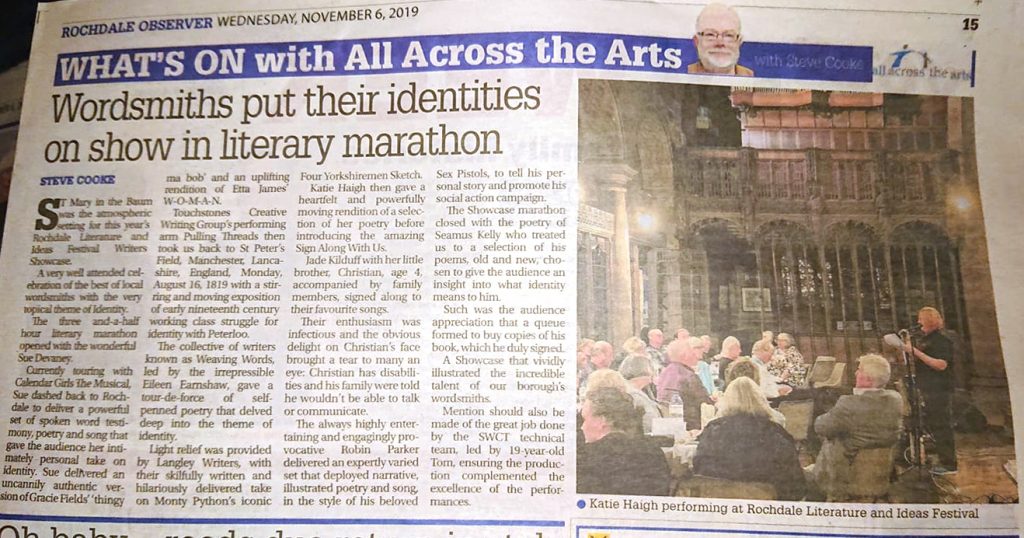

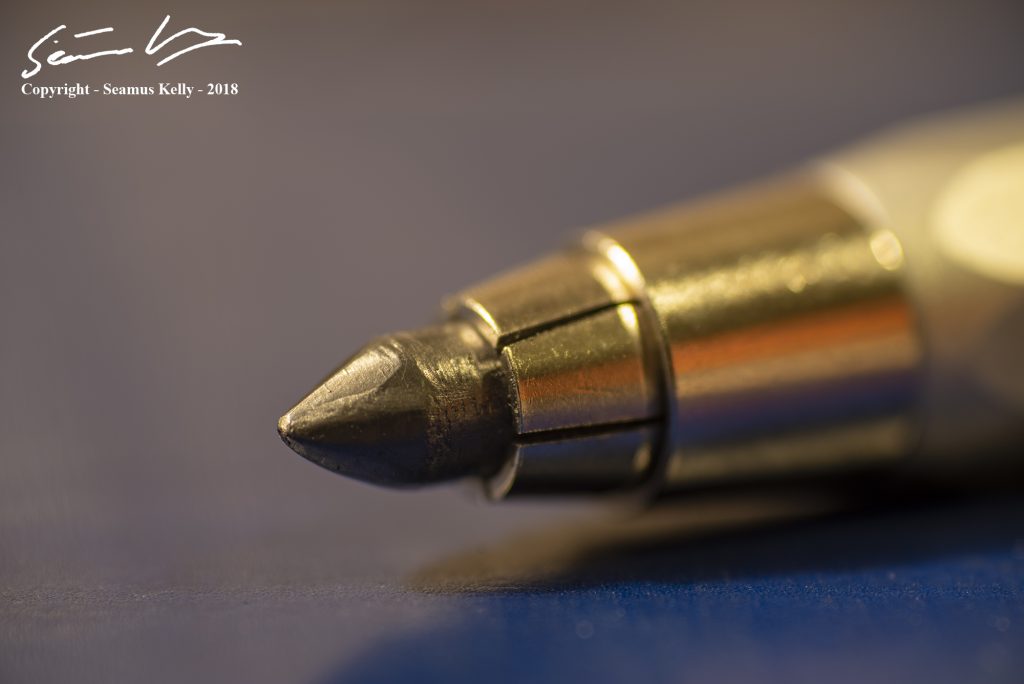




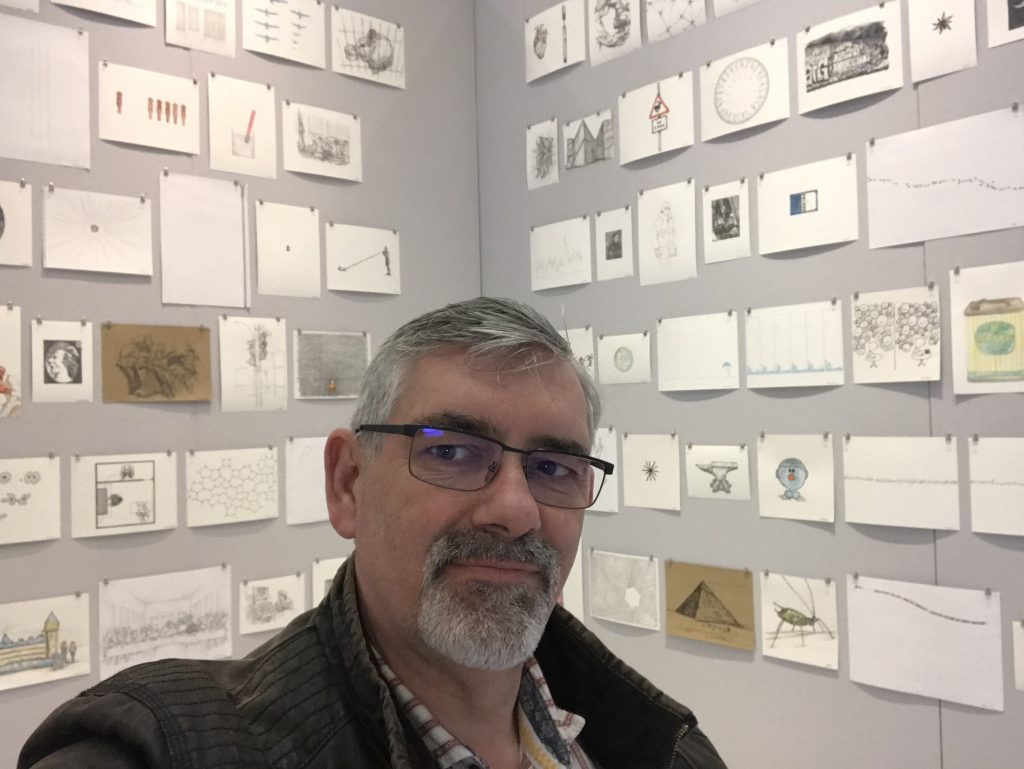 This afternoon I was able to go over to Oldham and spend some time in the gallery taking in David Ball exhibition “A to Z: The First Seven Years”.
This afternoon I was able to go over to Oldham and spend some time in the gallery taking in David Ball exhibition “A to Z: The First Seven Years”.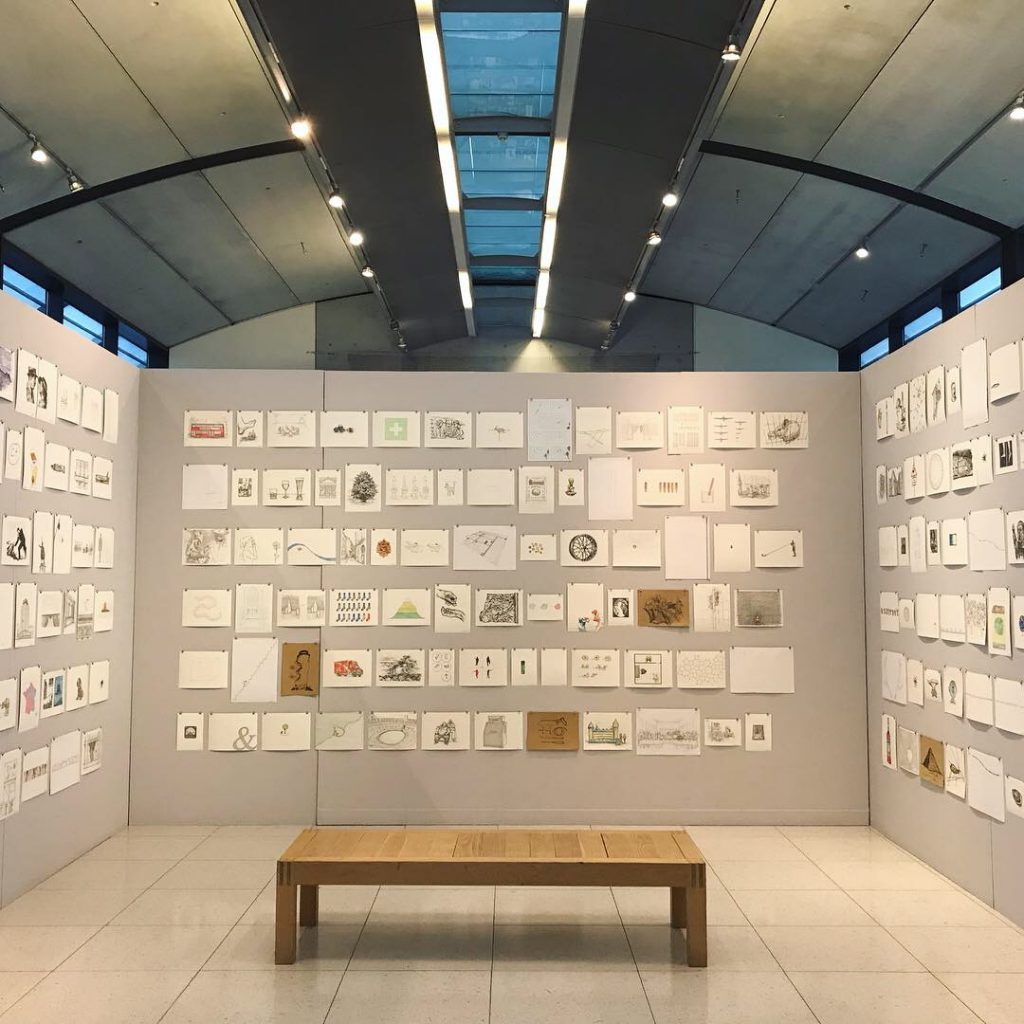

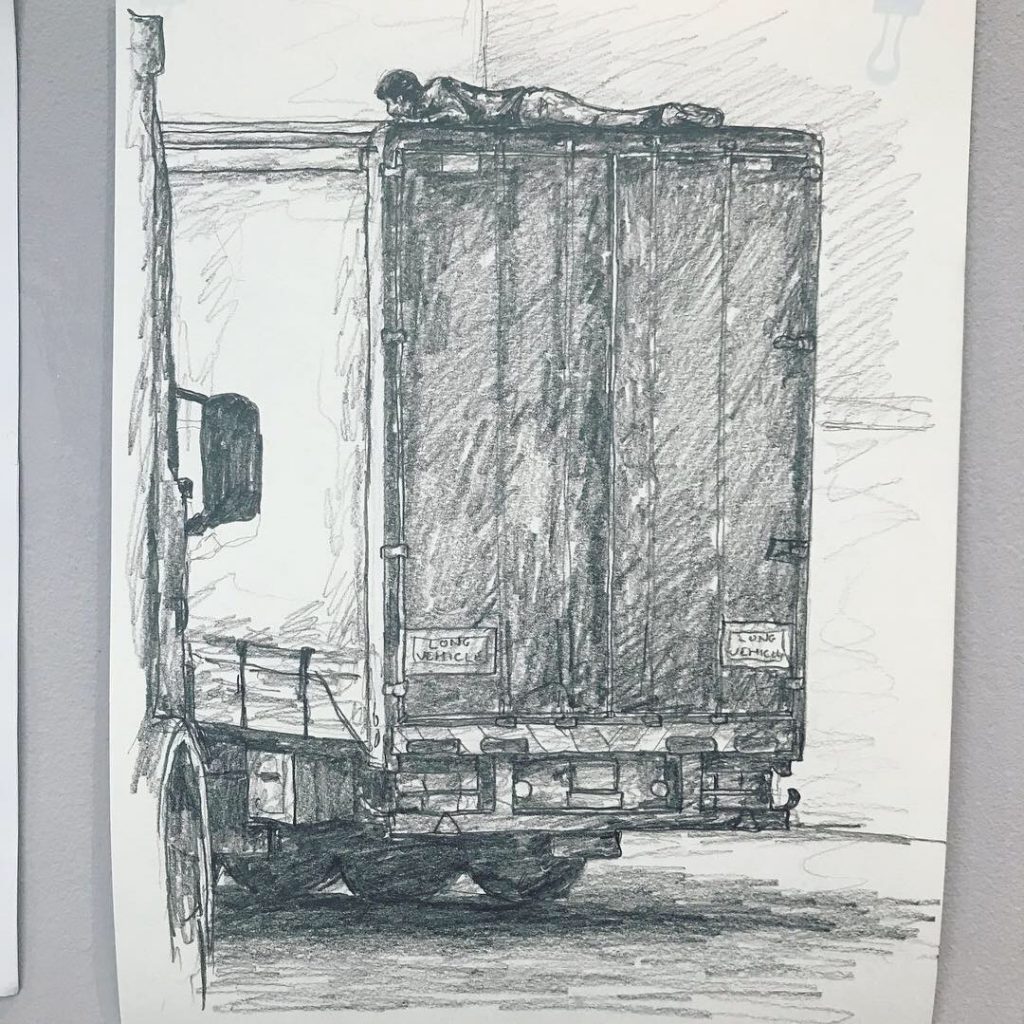
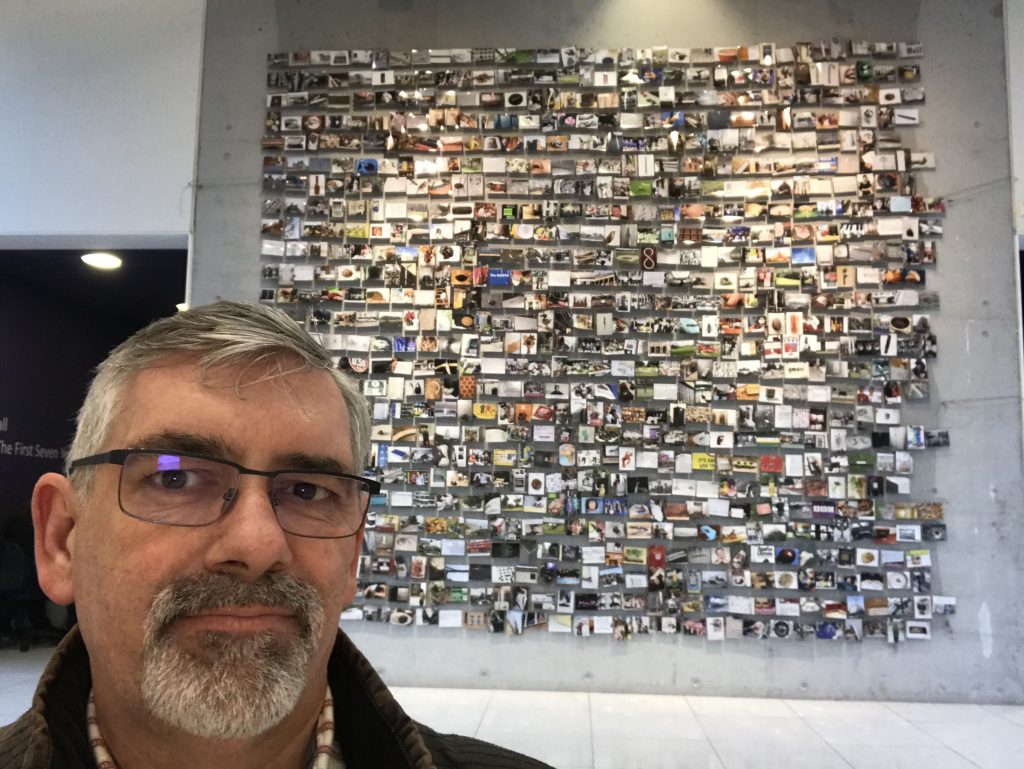
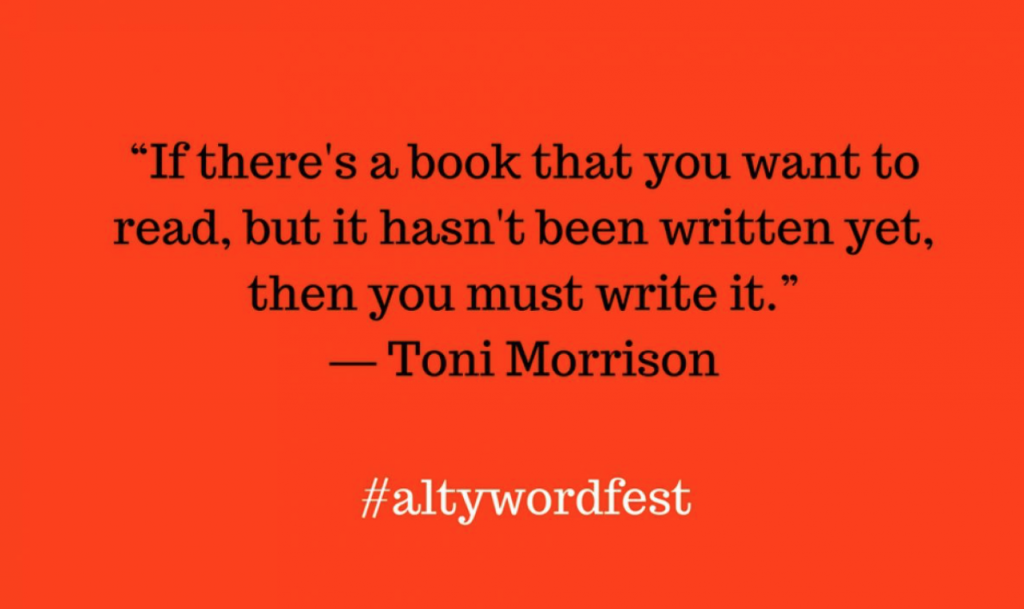 The second Altrincham Word Fest will run from 11th to 26th May 2019 at various venues in the town and promises to be even more exciting that the first edition held in 2018.
The second Altrincham Word Fest will run from 11th to 26th May 2019 at various venues in the town and promises to be even more exciting that the first edition held in 2018. I’m delighted to announce that I’ve been asked by Oldham Library to produce and facilitate a new poetry workshop in Oldham’s Art Gallery.
I’m delighted to announce that I’ve been asked by Oldham Library to produce and facilitate a new poetry workshop in Oldham’s Art Gallery. Taking the work by Dave Ball as its inspiration this poetry workshop will give writers the chance to create some brand new poetry themed around words from the dictionary beginning with A, B and C. We’ll look at how inspiration drives creative people and how inspiration, such as this exhibition, can be turned into a plan or outline for a new poem and will take participants through the evolution of the piece. There will be opportunities (for those who want to) share their work during the workshop and the gallery and library have kindly agreed to display writing produced in the workshop.
Taking the work by Dave Ball as its inspiration this poetry workshop will give writers the chance to create some brand new poetry themed around words from the dictionary beginning with A, B and C. We’ll look at how inspiration drives creative people and how inspiration, such as this exhibition, can be turned into a plan or outline for a new poem and will take participants through the evolution of the piece. There will be opportunities (for those who want to) share their work during the workshop and the gallery and library have kindly agreed to display writing produced in the workshop.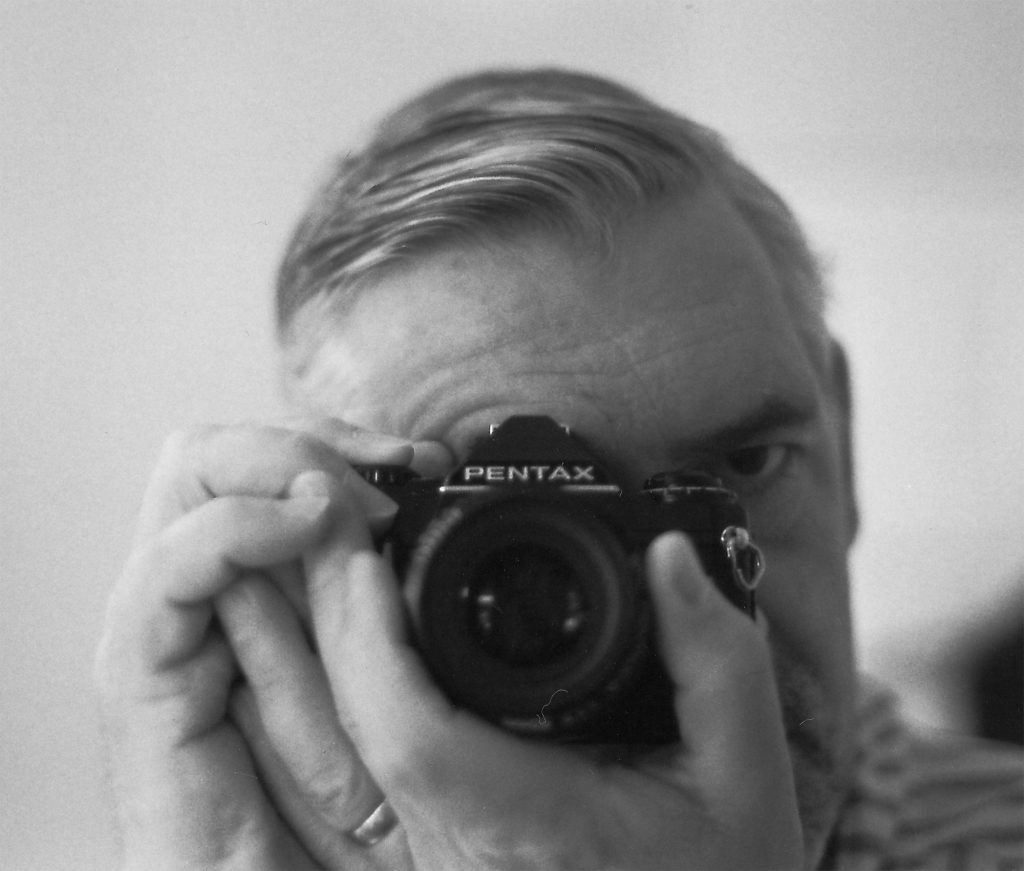 I set up the OnePoetsVision blog so that all of my creative work whether it is visual or in words could share a home. In the last year I’ve also posted lots of my images, mainly photographic but also drawings and prints, on my
I set up the OnePoetsVision blog so that all of my creative work whether it is visual or in words could share a home. In the last year I’ve also posted lots of my images, mainly photographic but also drawings and prints, on my  As a rule I don’t really do New Year Resolutions, but I am starting to feel recharged and have plans to make 2019 the year that I build on the work I began after giving up my full time work in Summer 2015.
As a rule I don’t really do New Year Resolutions, but I am starting to feel recharged and have plans to make 2019 the year that I build on the work I began after giving up my full time work in Summer 2015.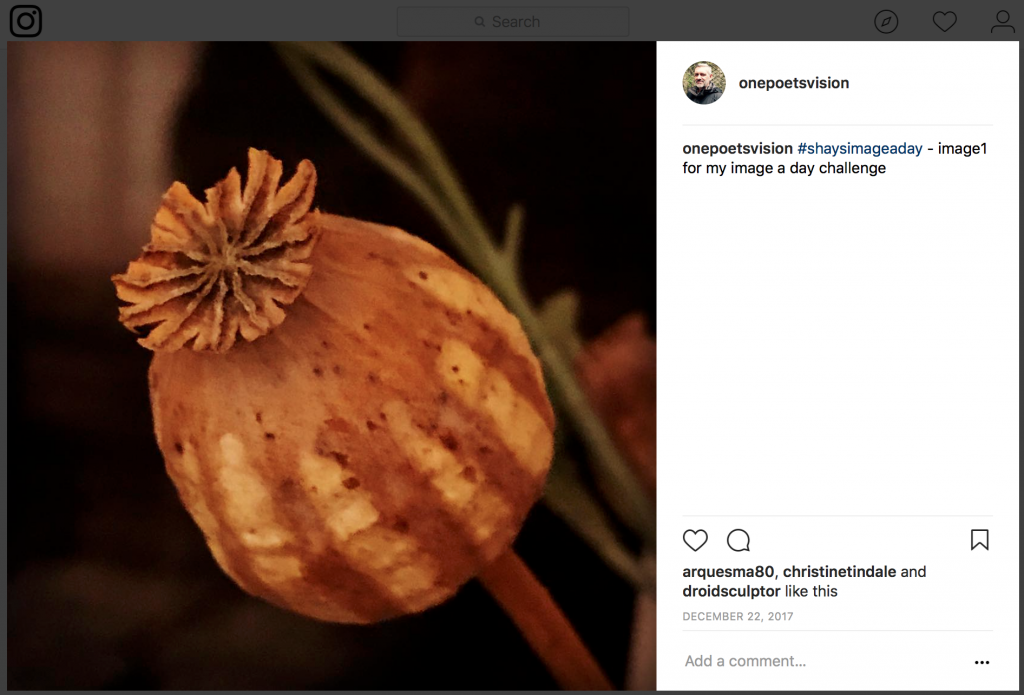
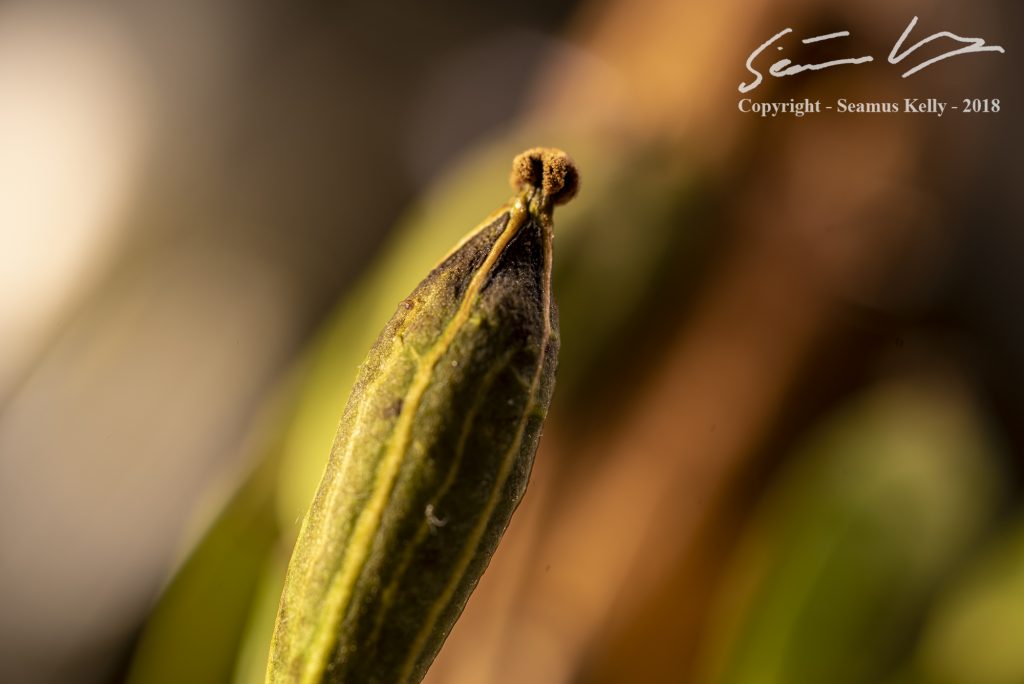
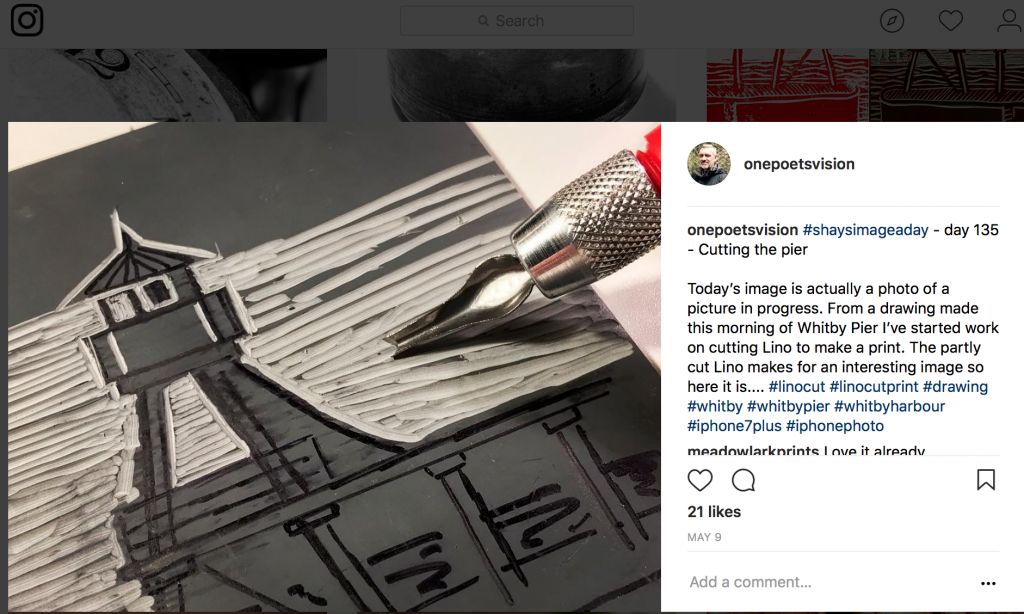

 Last year I was invited by Anne Early and Yoko Isami to perform and host a poetry event as part of the Hidden Altrincham Arts Festival.
Last year I was invited by Anne Early and Yoko Isami to perform and host a poetry event as part of the Hidden Altrincham Arts Festival.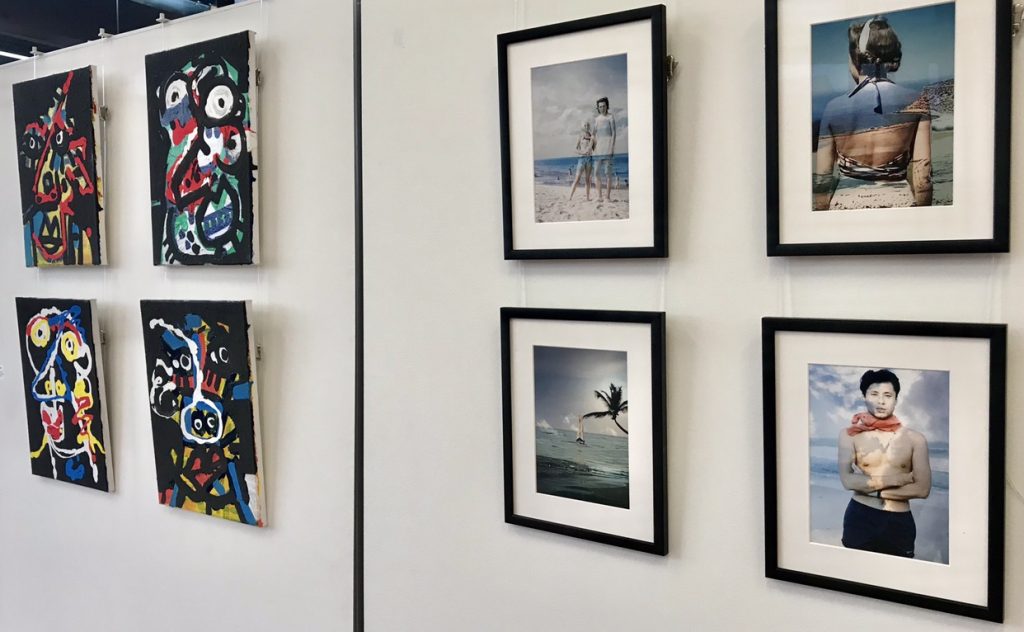
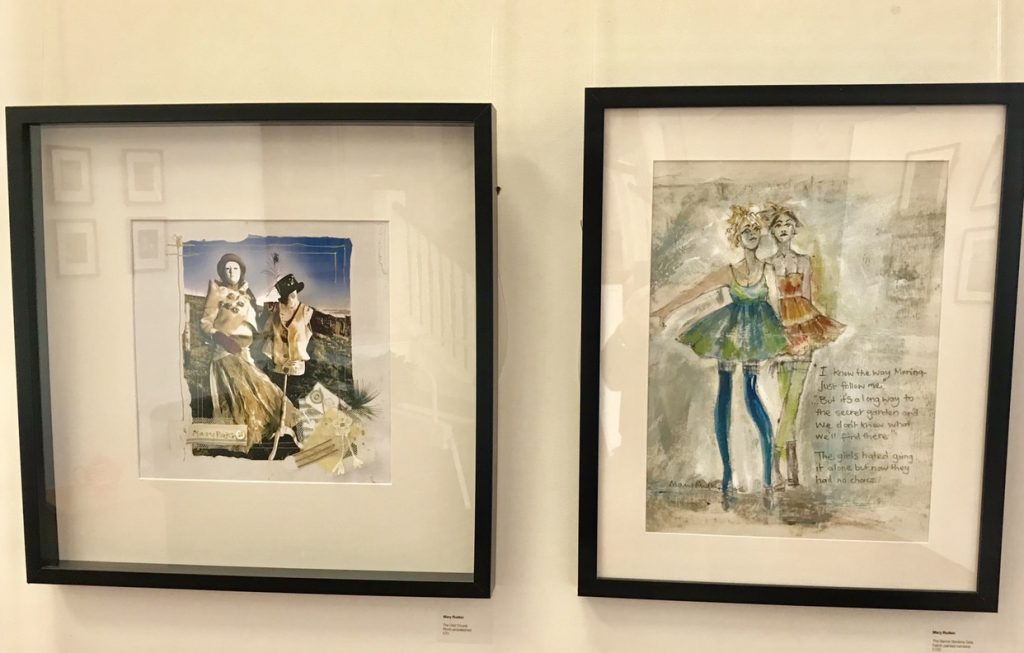
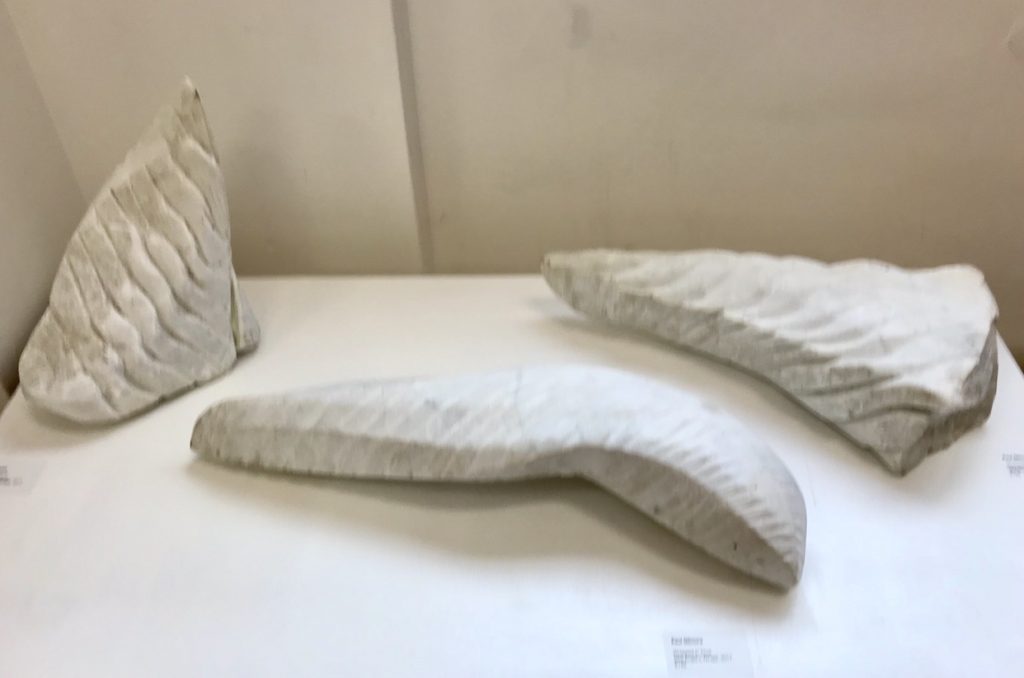
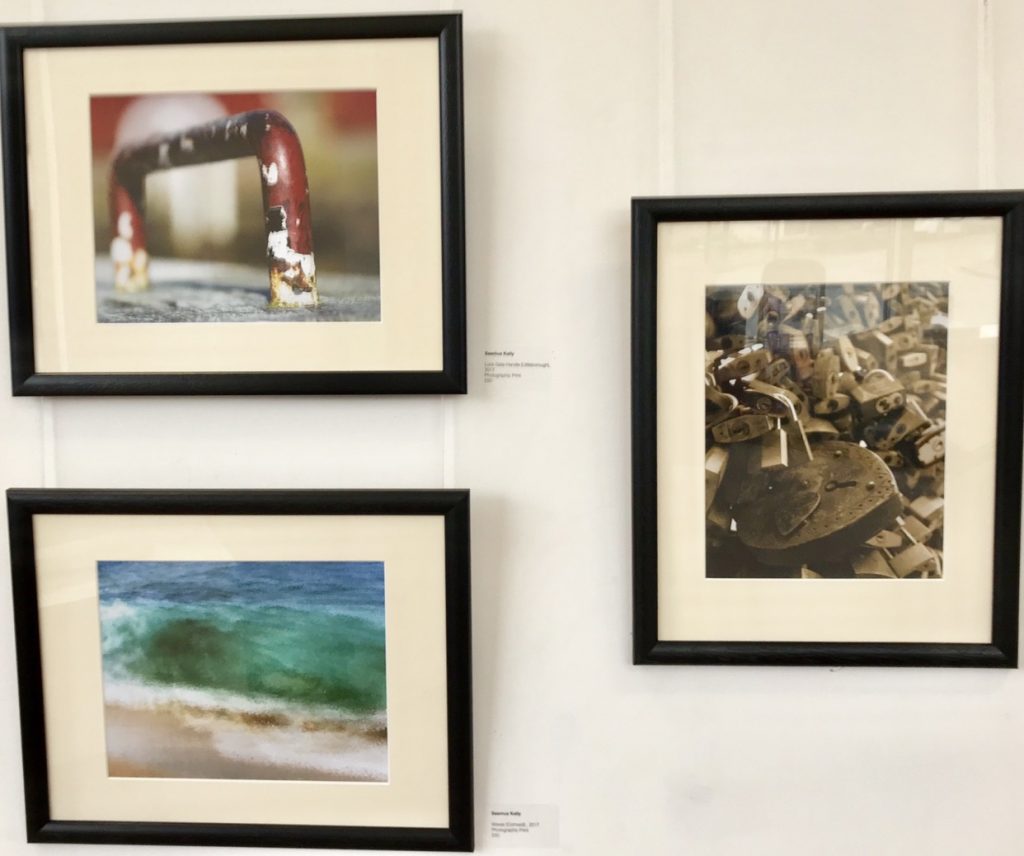
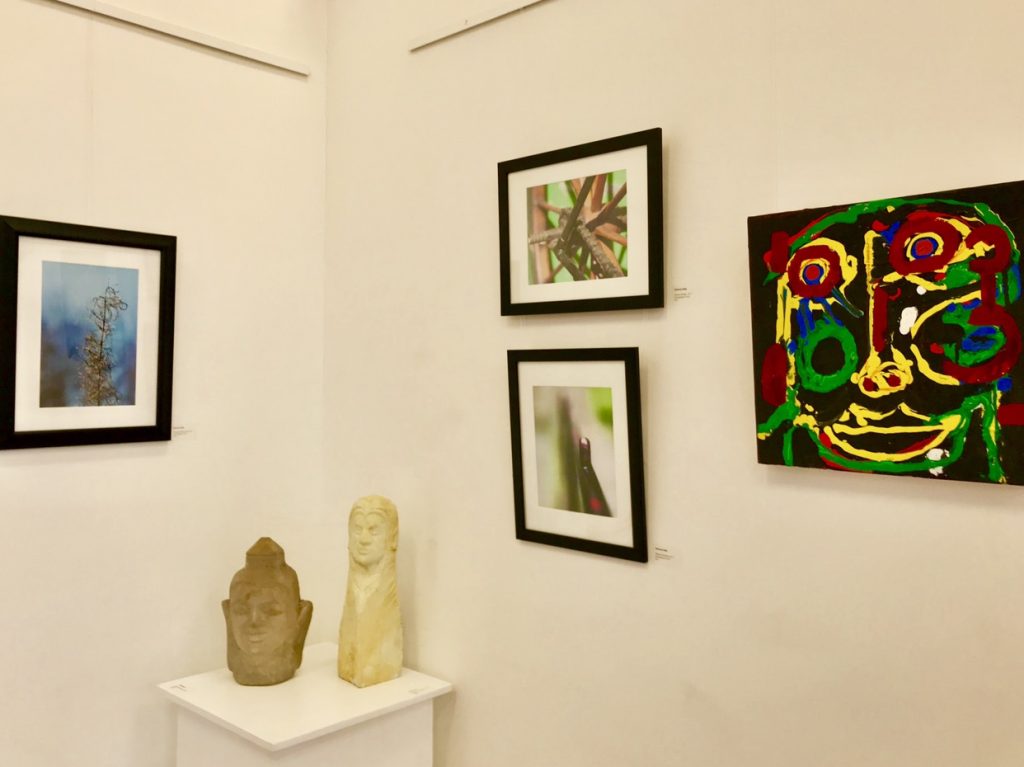
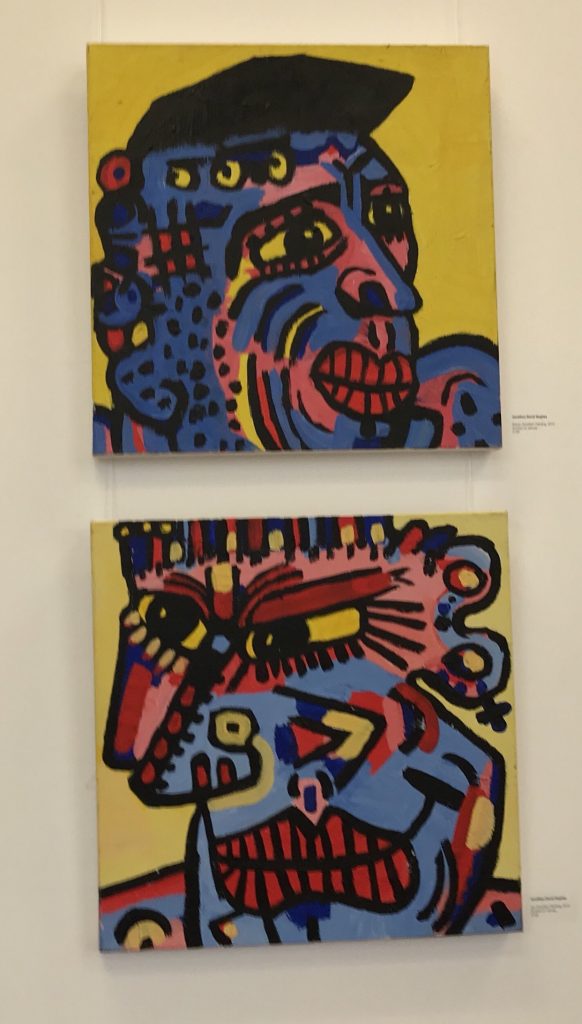
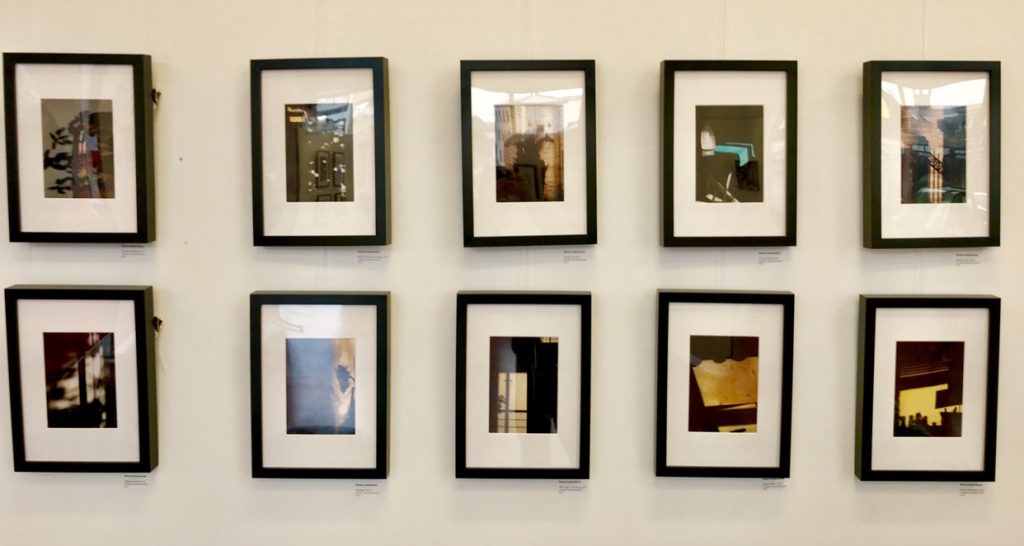
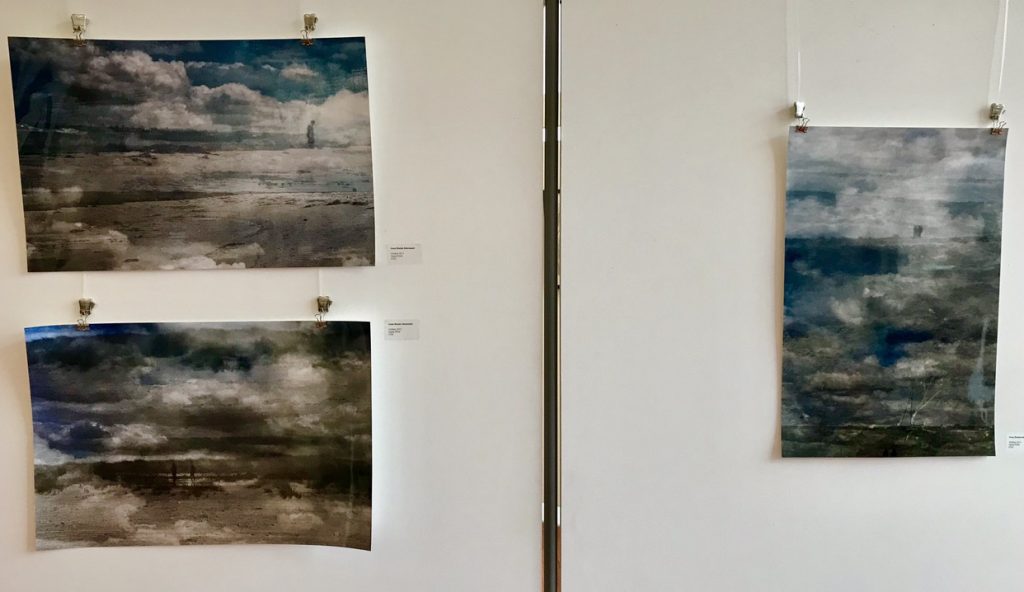
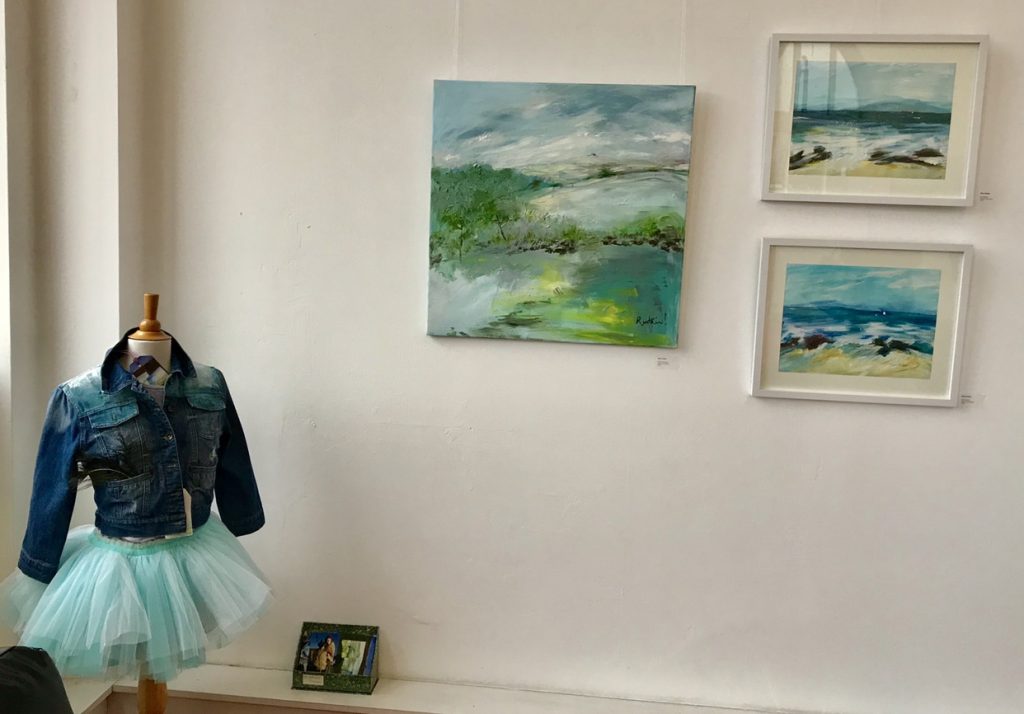
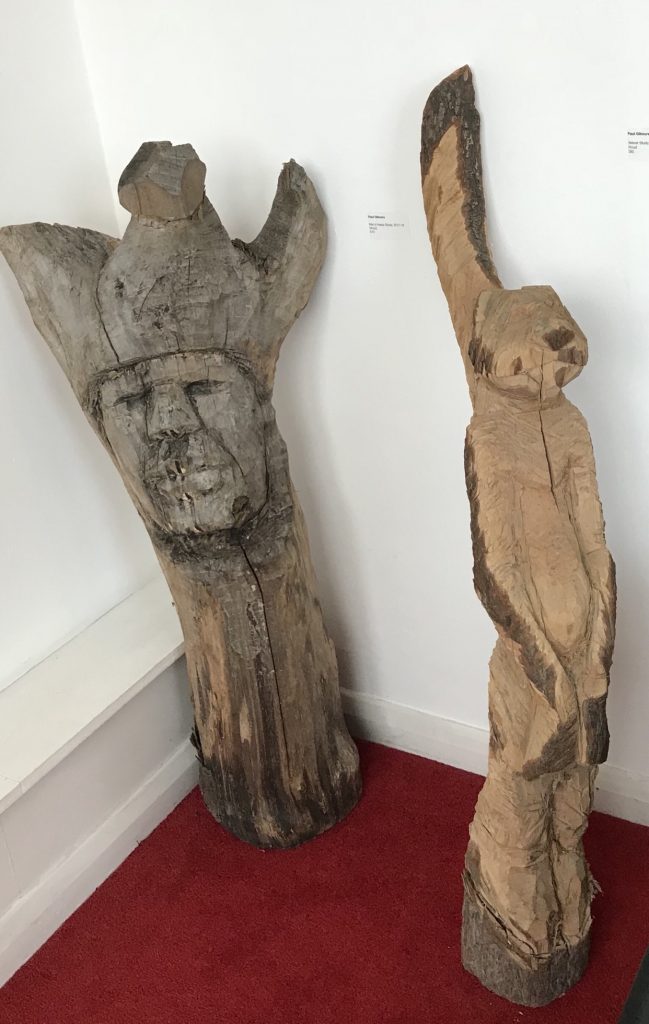
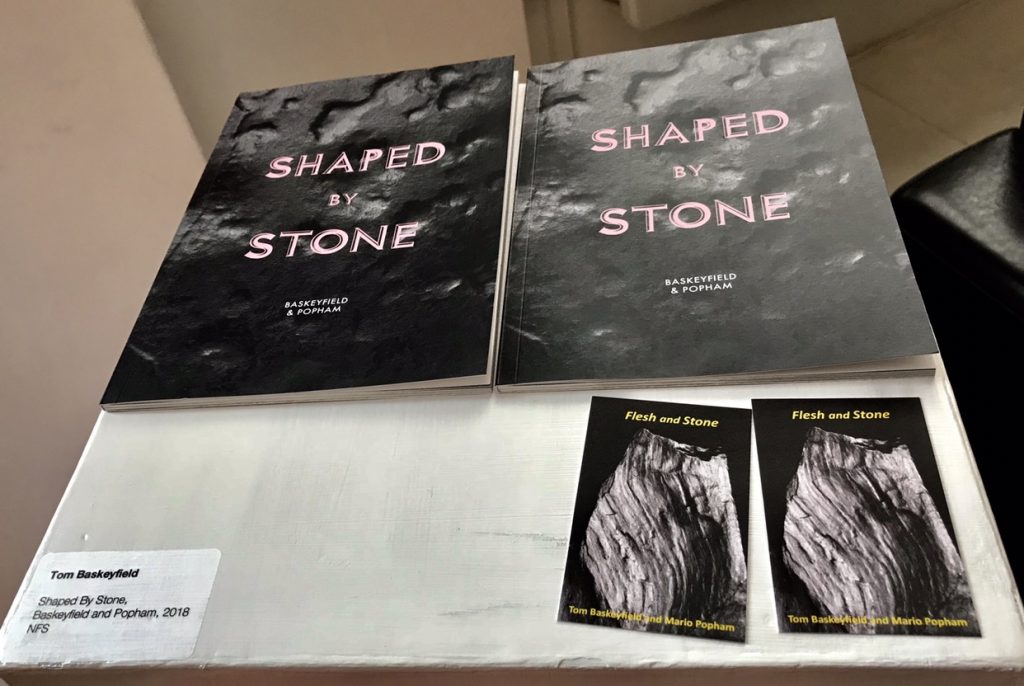
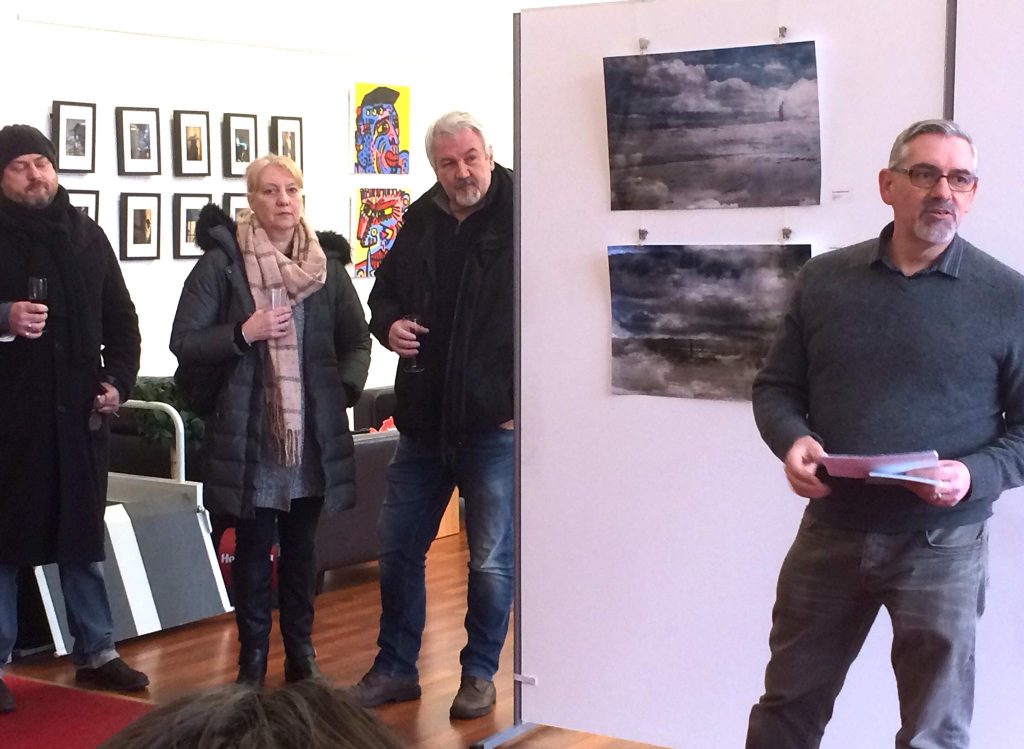
 As a poet one might be expected to read quite a lot of poetry.
As a poet one might be expected to read quite a lot of poetry.